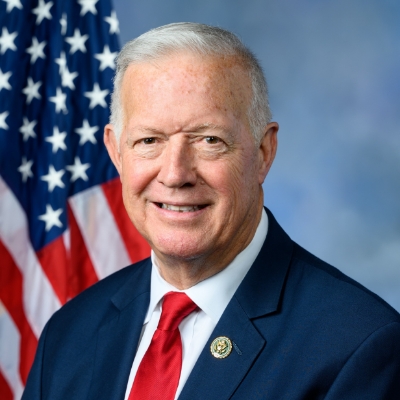Press Releases
Rep. Weber Demands Biden Admin to end Ban on American LNG Exports
Washington,
February 7, 2024
Washington, D.C. - This week, Rep. Randy Weber (TX-14), a member of the Energy, Climate, and Grid Security Subcommittee, participated in a hearing to examine the Biden administration’s U.S. liquified natural gas (LNG) export ban and how it threatens America’s energy and economic security. Weber also joined more than 150 House Republicans in sending a letter to President Biden demanding he end de facto ban on U.S. LNG. “President Biden’s drastic LNG export ban directly impacts Southeast Texas and will put Port Arthur and Golden Pass LNG projects on hold. This reckless and overtly political decision will cost our community thousands of jobs and hurt our local economy, all in the name of radical environmental activists that are hellbent on shutting down American energy,” said Rep. Weber. “Southeast Texas is uniquely placed on the coast, full of refineries and ports to ship our precious oil and gas to our allies across the world. The Sabine-Neches Waterway is projected to become the largest LNG exporter in the United States, but President Biden just killed that with a stroke of a pen. We have the ability to produce energy cleaner, more efficient, and at a lower cost than any other nation in the world. We need to start acting like it instead of hindering our own ability.” Click on the here to view Weber’s line of questioning. Read letters from Jefferson County Judge, Lamar State College, Port Arthur Chamber of Commerce, and Port Arthur Mayor regarding the impact LNG has on the community that Rep. Weber submitted into the record. Background:
|

